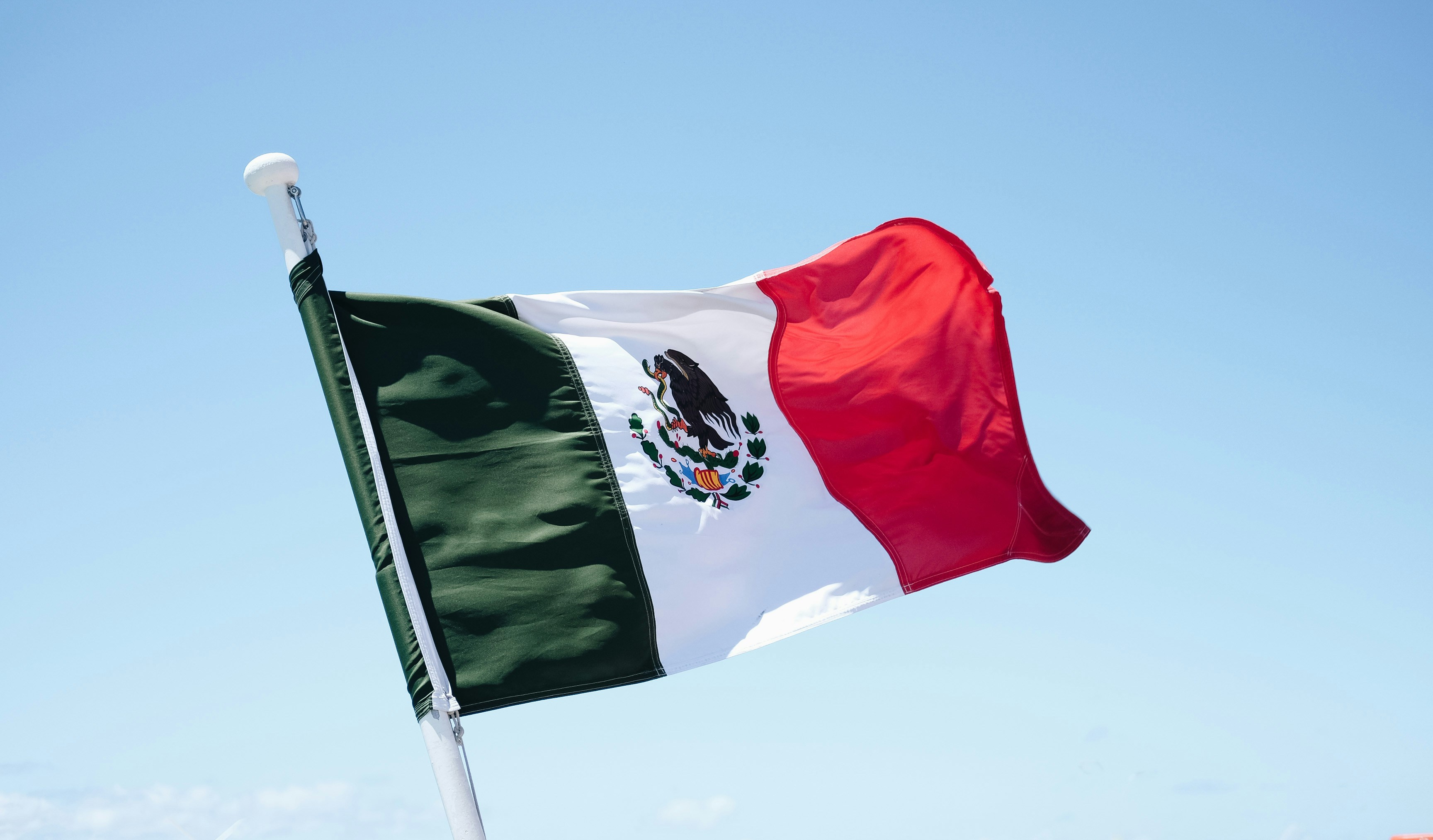Mexico's reform of the judiciary: A threat to democracy and regional stability
Mariana De Lucio, a Mexican lawyer specialising in human rights and an MPP student, argues that there is a crisis of democracy unfolding in Mexico, setting a "dangerous precedent" for the region.

A dangerous constitutional reform threatens to set back Mexico’s already fragile democracy. The proposal to elect judges by popular vote, create a disciplinary court against the judiciary, and cut its budget poses significant risks.
It would involve removing more than 1,500 current judges from office, a move that could set a dangerous precedent for the region by emboldening leaders who see checks and balances as obstacles.
The Mexican Supreme Court of Justice, under its constitutional mandate and in accordance with the nature of its powers, has acted during President Andrés Manuel López Obrador’s tenure so far as an independent body which protected the constitution and, in this endeavor, blocked several initiatives that were unconstitutional. For instance, the Supreme Court blocked a reform that aimed to undermine the autonomy of the National Electoral Institute due to violations of the Constitution’s legislative procedure.
Frustrated by the judiciary’s checks and balances, Obrador launched a campaign against the judiciary. Jonathan Wolff, professor at this school of government, notes in ‘The Lure of Fascism’ that authoritarian leaders who believe they have a mandate for radical change become frustrated with institutional checks on their power, portraying judges, for instance, as enemies of the people. This provides a concerning reference point for the direction of democracy in Mexico.
Electing judges by popular vote risks undermining judicial impartiality and independence, as judges may cater to popular opinion rather than upholding the law. Creating a disciplinary court controlled by the executive branch could lead to the persecution of judges who rule against the government, further eroding judicial independence. Historical precedents from countries like Hungary and Poland, where similar reforms have taken place, show that such changes can lead to increased executive control over the judiciary and weakened democratic institutions.
While it is true that Mexico's justice system might be improved in certain areas, it seems that this proposal has little to do with strengthening the system and much to do with controlling the judiciary. The president has declared that it is more democratic to elect judges through the ballot box and that ultimately, since the majority voted for him, the reform represents the will of the Mexican people. Yet, as Steven Levitsky and Daniel Ziblatt argue in ‘How Democracies Die’, democracies can die "democratically." Few democracies in the Americas today are weakened through coups d'état or civil wars; instead, the current tendency is to do so through legitimised systems and legal processes, such as a reform that, at its core, captures power and eliminates the checks and balances essential for a healthy democracy.
Mexico’s strategic position in the Americas makes this situation particularly concerning. As a major trading partner of the US and a leading country in Latin America, Mexico's actions set a precedent. In a region with many fragile democracies, weakening judicial independence in Mexico could inspire similar actions elsewhere, paving the way for autocratic governance. This could also affect Mexico's international relationships and trade agreements, potentially destabilising the region's economic and political landscape.
Margaret Satterthwaite, the UN Special Rapporteur on the independence of judges and lawyers, has expressed her concern to the president, warning that the reform “could undermine the independence of Mexico’s judiciary.” However, the president has stated that "the UN itself does not act with responsibility.” This is not the first time the president has undermined international institutions: he has previously attacked the Inter-American Court of Human Rights, claiming that their rulings infringe on Mexican sovereignty. Such attitudes may set a precedent for other leaders frustrated by the limits of their power imposed by international law.
The international community hopes that Claudia Sheinbaum, the newly elected president who will take over from Obrador on 1 October, will take a different approach, respect international bodies and protect democracy. However, Sheinbaum has indicated she will continue many of Obrador’s policies, including the judicial reforms, suggesting continuity rather than change. It may well be the case that even the new government does not present an opportunity to protect the independence of the judiciary.
This prospect is deeply concerning. The proposed constitutional amendment poses a significant threat to Mexico’s democracy and judicial independence. By undermining the judiciary, Obrador risks setting a dangerous precedent that could destabilise the region. The international community must remain vigilant and support efforts to preserve judicial independence and democratic principles in Mexico.

